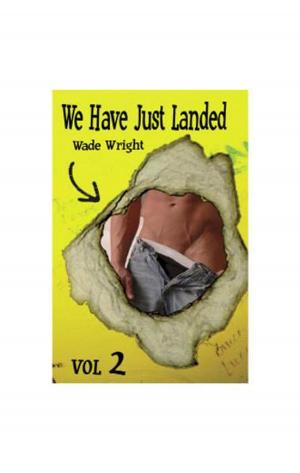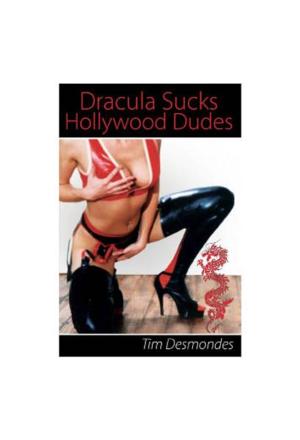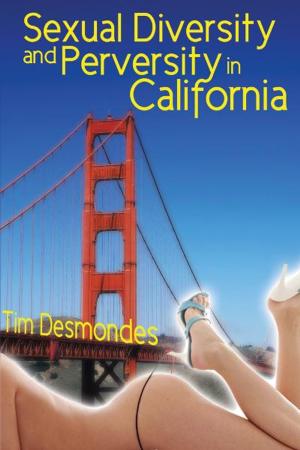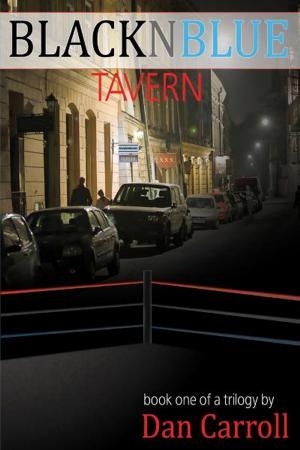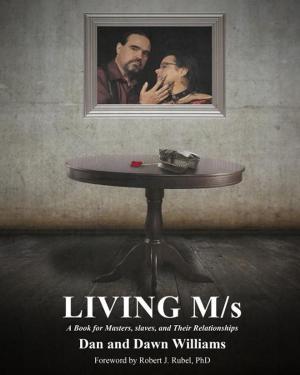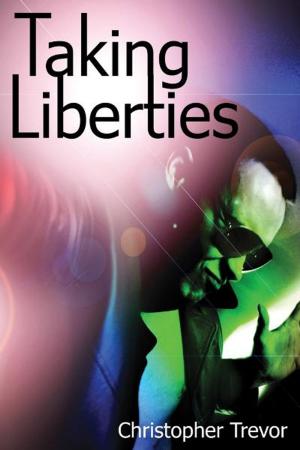| Author: | David May | ISBN: | 9781610981583 |
| Publisher: | The Nazca Plains Corporation | Publication: | December 29, 2011 |
| Imprint: | Language: | English |
| Author: | David May |
| ISBN: | 9781610981583 |
| Publisher: | The Nazca Plains Corporation |
| Publication: | December 29, 2011 |
| Imprint: | |
| Language: | English |
Bringing together the best of David May's nonfiction, A Nice Boy from a Good Family recalls episodes from a life lived in "Interesting Times." Beginning with a pre-adolescent obsession with comic books that lead to his eventual sexual awakening, and ending in the spiritual journey necessitated by the AIDS epidemic and his own HIV status, May is unflinching as he narrates the carefree years before AIDS through the subsequent years of desperation and loss. With few regrets, May describes his life as a sexually active and eager young man that embraced sadomasochism in the in the late 1970s, through the loss of his Daddy in 1992, his own brush with death, and the subsequent re-embracement of life and hope with his new Sir in the 1990s. In Something Sensational to Read on the Train May shares the highlights from his diaries from 1978 to 1984, years spent in sexual experimentation during which he negotiated his way through San Francisco's gay sex scene, meeting and bedding some of the well-known men of the time. An Apparent Proximity is a cautionary tale of a foolish love affair allowed to linger on too long. The story reminds the reader "the red flags are not motioning you forward," something May learns a little too late. With Mein Yiddishe Tate May shares the intimate details of a life lived with his first great love, bisexual activist Dr. David Lourea, and the devastating loss that followed. Having Once Known Abandon contrasts three nights in 1981, 1992 and 2001: Two nights of abandon between which he confronts the ignorant bliss of young queer men who will never know the kind of sexual freedom and passion he once took for granted. Two Weddings, One Tuchas shares the worst and best of the desperate years -- days and nights spent looking for the comfort and release that only a new lover can provide, even as his friends died around him. May negotiates painful memories and a few honest regrets in this story about and the consequences of avoiding the depth of his grief. First appearing in Drummer, Hole recalls a birthday gangbang wherein the birthday boy, May himself, is bound and blindfolded and made the sexual plaything of a series of nameless men whose faces he never sees. Causing a stir of controversy when it first appeared in Frontiers, How I Fell in with the Wrong Crowd recalls the days and nights spent seeking pleasure and passion before the AIDS epidemic. Criticized by some for its expressed lack of regret, and praised by others for its forthrightness, the piece established May as a commentator on queer life. Gathered from Drummer, Frontiers and numerous anthologies, this is the first collection of David May's nonfiction. These pieces form a fragmented autobiography wherein the Erotic and the Spiritual are never at odds, where Love and Lust were frequently confused, where Death is faced with trepidation and fury, and where Life continues to be worth living. Amid the accumulated losses of a life lived at what had once been an oasis of sexual freedom, a city that changed almost overnight into the epicenter of a disaster, May bares witness to one man's survival in "Interesting Times."
Bringing together the best of David May's nonfiction, A Nice Boy from a Good Family recalls episodes from a life lived in "Interesting Times." Beginning with a pre-adolescent obsession with comic books that lead to his eventual sexual awakening, and ending in the spiritual journey necessitated by the AIDS epidemic and his own HIV status, May is unflinching as he narrates the carefree years before AIDS through the subsequent years of desperation and loss. With few regrets, May describes his life as a sexually active and eager young man that embraced sadomasochism in the in the late 1970s, through the loss of his Daddy in 1992, his own brush with death, and the subsequent re-embracement of life and hope with his new Sir in the 1990s. In Something Sensational to Read on the Train May shares the highlights from his diaries from 1978 to 1984, years spent in sexual experimentation during which he negotiated his way through San Francisco's gay sex scene, meeting and bedding some of the well-known men of the time. An Apparent Proximity is a cautionary tale of a foolish love affair allowed to linger on too long. The story reminds the reader "the red flags are not motioning you forward," something May learns a little too late. With Mein Yiddishe Tate May shares the intimate details of a life lived with his first great love, bisexual activist Dr. David Lourea, and the devastating loss that followed. Having Once Known Abandon contrasts three nights in 1981, 1992 and 2001: Two nights of abandon between which he confronts the ignorant bliss of young queer men who will never know the kind of sexual freedom and passion he once took for granted. Two Weddings, One Tuchas shares the worst and best of the desperate years -- days and nights spent looking for the comfort and release that only a new lover can provide, even as his friends died around him. May negotiates painful memories and a few honest regrets in this story about and the consequences of avoiding the depth of his grief. First appearing in Drummer, Hole recalls a birthday gangbang wherein the birthday boy, May himself, is bound and blindfolded and made the sexual plaything of a series of nameless men whose faces he never sees. Causing a stir of controversy when it first appeared in Frontiers, How I Fell in with the Wrong Crowd recalls the days and nights spent seeking pleasure and passion before the AIDS epidemic. Criticized by some for its expressed lack of regret, and praised by others for its forthrightness, the piece established May as a commentator on queer life. Gathered from Drummer, Frontiers and numerous anthologies, this is the first collection of David May's nonfiction. These pieces form a fragmented autobiography wherein the Erotic and the Spiritual are never at odds, where Love and Lust were frequently confused, where Death is faced with trepidation and fury, and where Life continues to be worth living. Amid the accumulated losses of a life lived at what had once been an oasis of sexual freedom, a city that changed almost overnight into the epicenter of a disaster, May bares witness to one man's survival in "Interesting Times."

